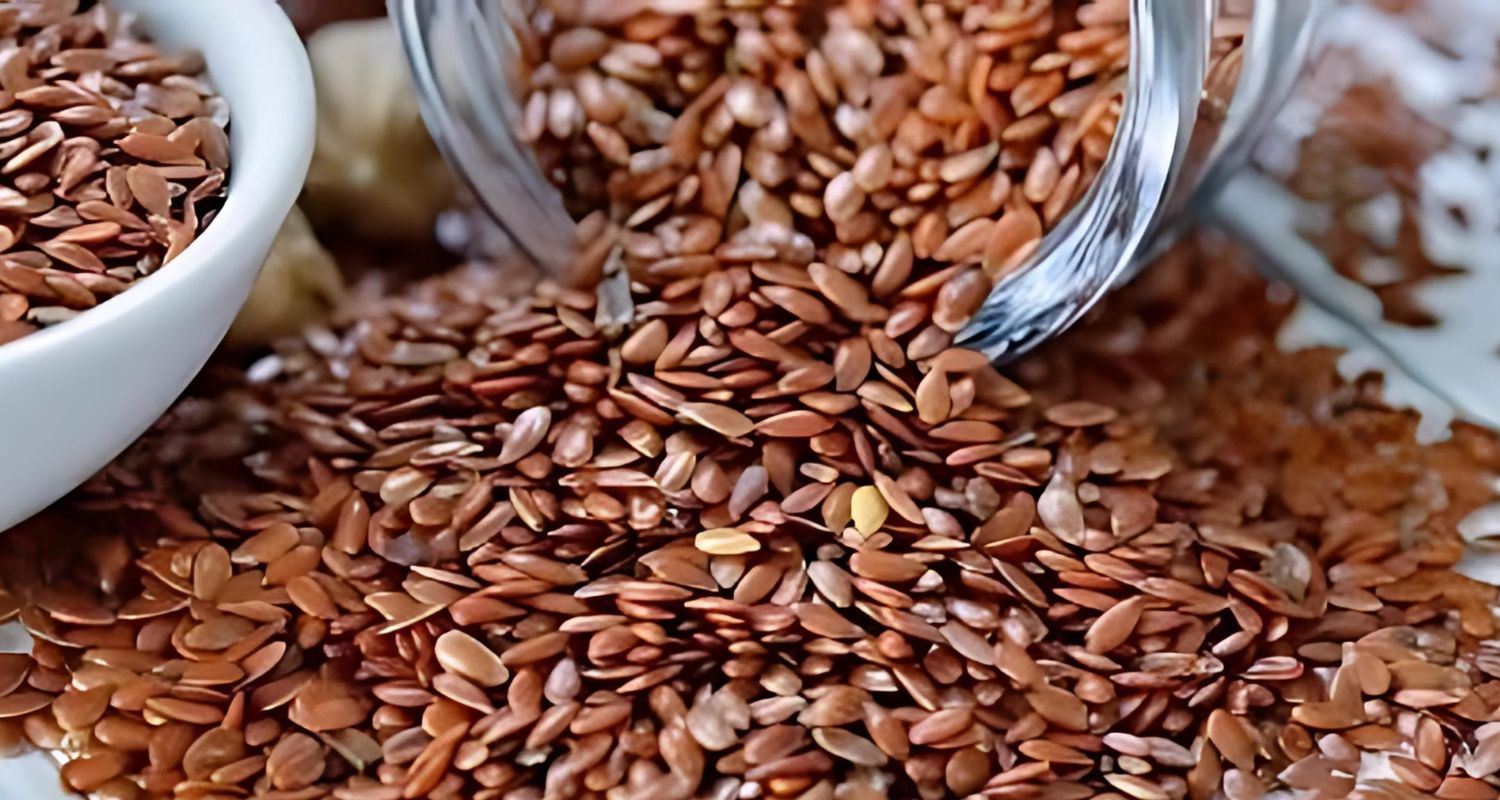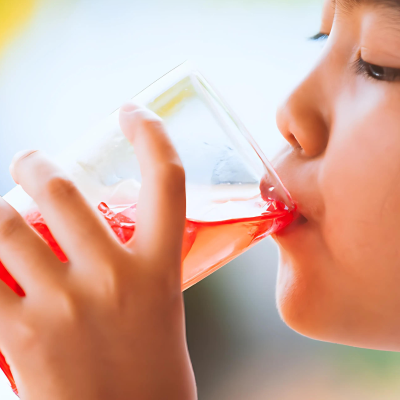Flaxseed is a nutrient-dense food known for its numerous health benefits and versatility in the kitchen. For adults, it is often included in diets for its rich content of omega-3 fatty acids, fiber, and antioxidants. But what about babies? Can flaxseed be a beneficial addition to a baby’s diet, and if so, when and how should it be introduced? This comprehensive article explores the safety, benefits, and precautions of incorporating flaxseed into a baby’s diet.
Understanding Flaxseed
Flaxseed comes from the flax plant, which is native to the Mediterranean region and has been cultivated for thousands of years. The seeds are small, brown or golden, and have a mild, nutty flavor. Flaxseeds can be consumed in various forms, including whole seeds, ground flaxseed, and flaxseed oil.
Nutritional Profile of Flaxseed
Flaxseed is packed with essential nutrients that contribute to overall health:
- Omega-3 Fatty Acids: Flaxseed is one of the richest plant sources of alpha-linolenic acid (ALA), a type of omega-3 fatty acid that supports heart and brain health.
- Fiber: It contains both soluble and insoluble fiber, which aids digestion and helps maintain healthy bowel movements.
- Lignans: Flaxseed is a good source of lignans, which are antioxidants that may have protective effects against certain diseases.
- Vitamins and Minerals: Flaxseed provides essential vitamins and minerals, including vitamin B1 (thiamine), vitamin B6 (pyridoxine), magnesium, phosphorus, and manganese.
Introducing Flaxseed to Babies
Introducing new foods to your baby’s diet is an important part of their growth and development. Flaxseed can be a nutritious addition, but it’s essential to consider when and how to introduce it safely.
When Can Babies Start Eating Flaxseed?
The introduction of solid foods typically begins around 6 months of age. At this stage, babies are developing the ability to handle a variety of textures and flavors. Flaxseed can be introduced as part of a balanced diet once your baby has started eating a range of solids and is accustomed to different types of food.
Forms of Flaxseed Suitable for Babies
Flaxseed can be introduced in several forms, but some are more appropriate for babies than others:
- Ground Flaxseed: Ground flaxseed is easier for babies to digest and incorporate into their diet. Whole flaxseeds may be difficult for babies to chew and digest, and they could pose a choking hazard.
- Flaxseed Oil: Flaxseed oil is another option, but it should be used sparingly. It’s a concentrated source of omega-3 fatty acids and can be added to foods in small amounts.
Benefits of Flaxseed for Babies
Incorporating flaxseed into your baby’s diet can offer several health benefits, provided it is introduced properly and in appropriate amounts.
1. Supports Healthy Development
- Brain Health: Omega-3 fatty acids, such as ALA found in flaxseed, are crucial for brain development. They contribute to cognitive function and may support learning and memory.
- Eye Health: Omega-3s also play a role in the development of the eyes and vision.
2. Aids Digestion
- Fiber Content: The fiber in flaxseed supports healthy digestion by promoting regular bowel movements and preventing constipation. This can be particularly beneficial for babies who are transitioning to solid foods.
3. Boosts Immune System
- Antioxidants: Flaxseed contains antioxidants, including lignans and vitamin E, which help protect the body from oxidative stress and support the immune system.
4. Supports Heart Health
- Healthy Fats: Omega-3 fatty acids contribute to cardiovascular health by reducing inflammation and supporting healthy cholesterol levels. Introducing these healthy fats early on can set the stage for long-term heart health.
5. Improves Skin Health
- Essential Fatty Acids: The fatty acids in flaxseed contribute to healthy skin by supporting hydration and reducing inflammation. This can help maintain soft, healthy skin in babies.
How to Introduce Flaxseed to Your Baby’s Diet
When introducing flaxseed, it’s important to do so gradually and in a manner that is safe and suitable for your baby.
1. Start with Small Amounts
Begin with small quantities of ground flaxseed or flaxseed oil. For example, you can add a small amount of ground flaxseed to baby cereal, yogurt, or pureed fruits and vegetables.
2. Mix with Other Foods
Incorporate flaxseed into foods your baby already enjoys. Mixing it with other purees or cereals can help your baby get accustomed to the taste and texture.
3. Monitor for Allergic Reactions
As with any new food, monitor your baby for any signs of an allergic reaction. Symptoms may include rash, itching, or digestive upset. If you notice any adverse reactions, discontinue use and consult with your pediatrician.
4. Gradual Introduction
Introduce flaxseed gradually, allowing time for your baby’s digestive system to adjust. Start with a small amount and observe how your baby responds before increasing the quantity.
Precautions When Using Flaxseed for Babies
While flaxseed offers many benefits, there are important precautions to keep in mind to ensure your baby’s safety.
1. Choking Hazard
Whole flaxseeds pose a choking hazard for babies. Always use ground flaxseed or flaxseed oil to reduce the risk. If you’re using flaxseed oil, ensure it is added in moderation.
2. Digestive Issues
Introducing too much flaxseed too quickly can cause digestive issues such as gas or bloating. Start with small amounts and gradually increase as your baby adjusts.
3. Allergies
Though rare, some babies may have allergies or sensitivities to flaxseed. Watch for signs of an allergic reaction, and consult with your pediatrician if you have concerns.
4. Balance with Other Foods
Ensure that flaxseed is part of a balanced diet that includes a variety of foods. Over-reliance on any single food can lead to nutritional imbalances.
5. Consult with a Pediatrician
Before introducing flaxseed or any new food into your baby’s diet, consult with your pediatrician. They can provide personalized advice based on your baby’s health and developmental needs.
How to Prepare Flaxseed for Babies
Proper preparation of flaxseed is essential to ensure that it is safe and easy for your baby to consume.
1. Grinding Flaxseed
Use a coffee grinder or food processor to grind whole flaxseeds into a fine powder. This makes them easier for your baby to digest and incorporates them seamlessly into various foods.
2. Storing Flaxseed
Store ground flaxseed in an airtight container in the refrigerator to prevent spoilage. Flaxseed oil should be kept in a cool, dark place and used within the recommended timeframe.
3. Adding Flaxseed to Foods
Mix ground flaxseed into foods such as baby cereal, yogurt, or purees. For flaxseed oil, drizzle a small amount over foods or mix it into purees and cereals.
4. Avoiding Overuse
While flaxseed offers many benefits, it should be used in moderation. Avoid overusing flaxseed in your baby’s diet and ensure that it is part of a varied and balanced nutritional plan.
Alternatives to Flaxseed for Babies
If you are considering alternatives to flaxseed or if your baby is not ready for it, there are other sources of omega-3 fatty acids and fiber that you can include in their diet:
1. Chia Seeds
Like flaxseeds, chia seeds are rich in omega-3 fatty acids and fiber. They can be ground and mixed into baby foods in a similar way.
2. Hemp Seeds
Hemp seeds are another source of omega-3 fatty acids and can be added to baby foods. They are softer and easier to digest than flaxseeds.
3. Avocado
Avocado is a nutrient-dense food that provides healthy fats, including omega-3s, and is easy for babies to digest.
4. Fish
Once your baby starts eating a wider variety of foods, fatty fish like salmon can provide a direct source of omega-3 fatty acids.
Conclusion
Flaxseed is a nutritious addition to a baby’s diet, offering numerous health benefits such as supporting brain development, aiding digestion, and boosting the immune system. However, introducing flaxseed to your baby’s diet requires careful consideration of safety, preparation, and gradual introduction.
By starting with small amounts of ground flaxseed or flaxseed oil and monitoring your baby for any adverse reactions, you can safely incorporate this beneficial seed into their diet. Always consult with your pediatrician before introducing new foods and ensure that flaxseed is part of a balanced and varied diet.
Incorporating flaxseed into your baby’s diet, when done thoughtfully and appropriately, can contribute to their overall health and development. Enjoy the process of exploring new foods with your baby and supporting their journey toward a healthy and balanced diet.




